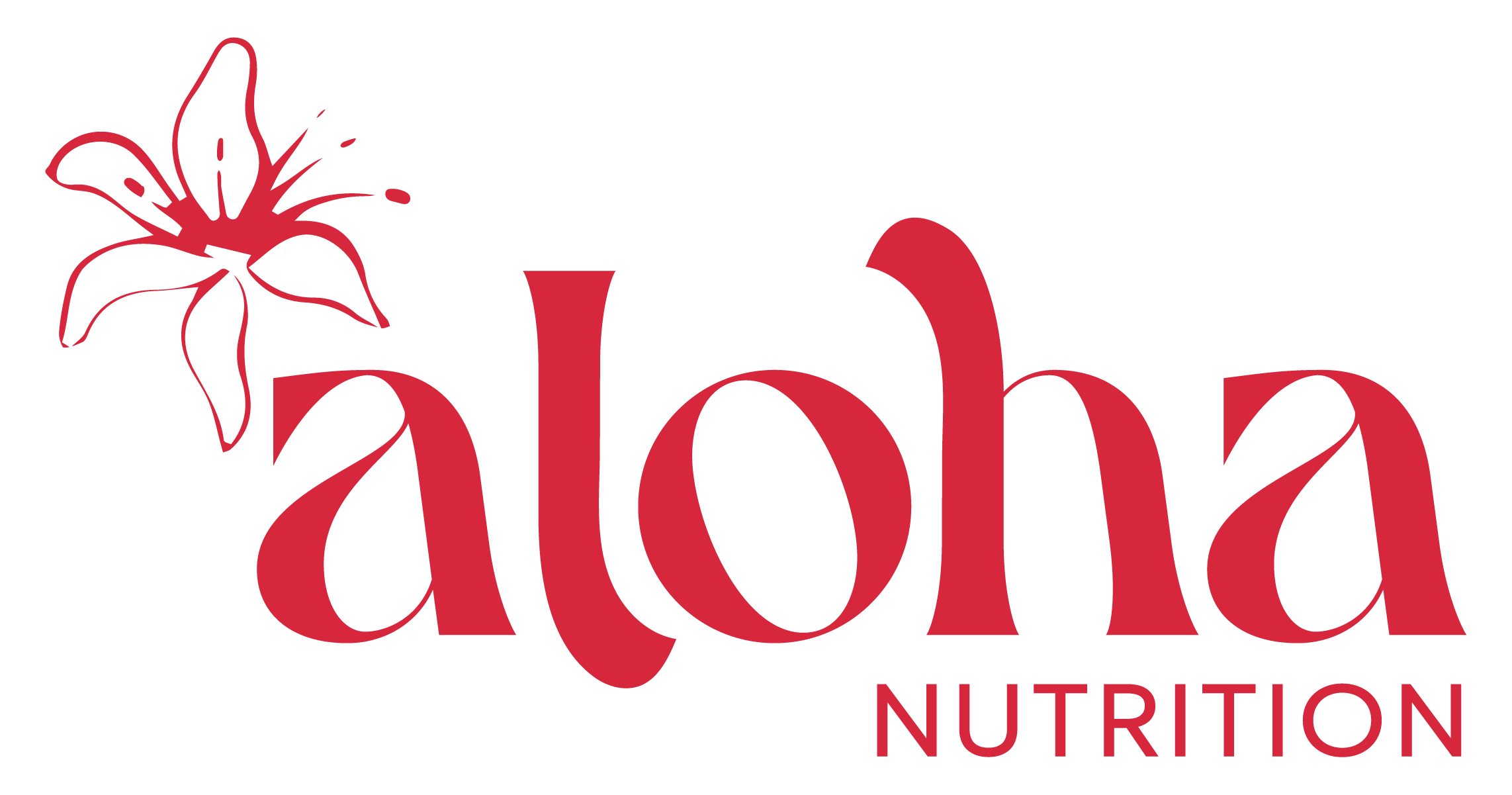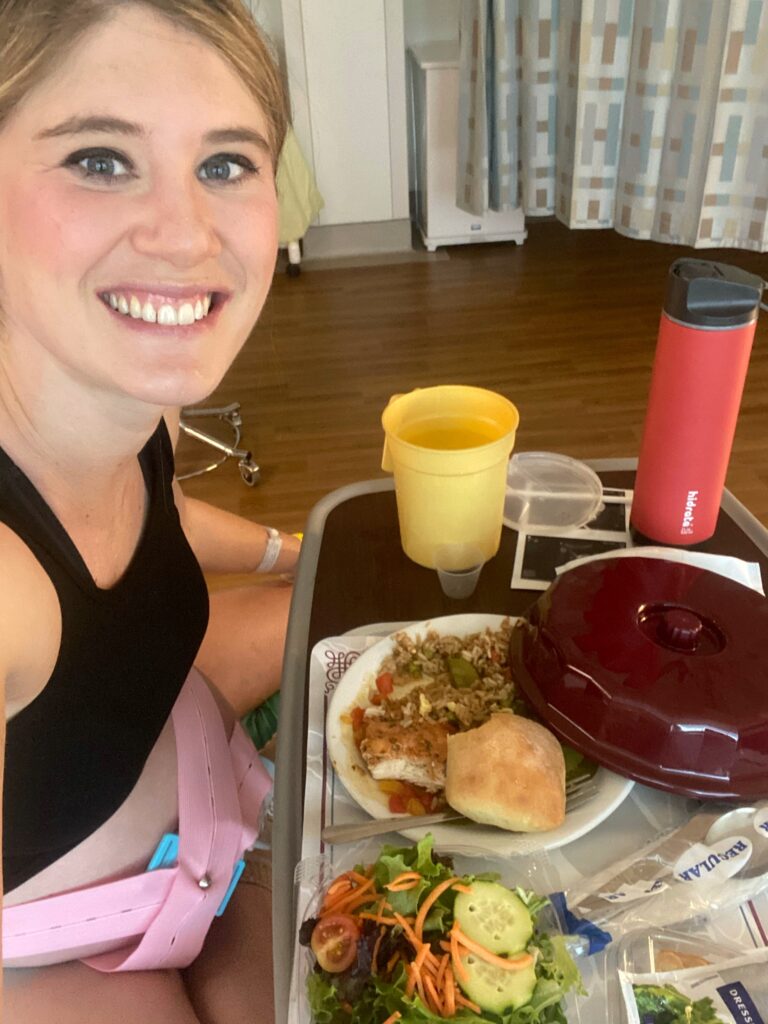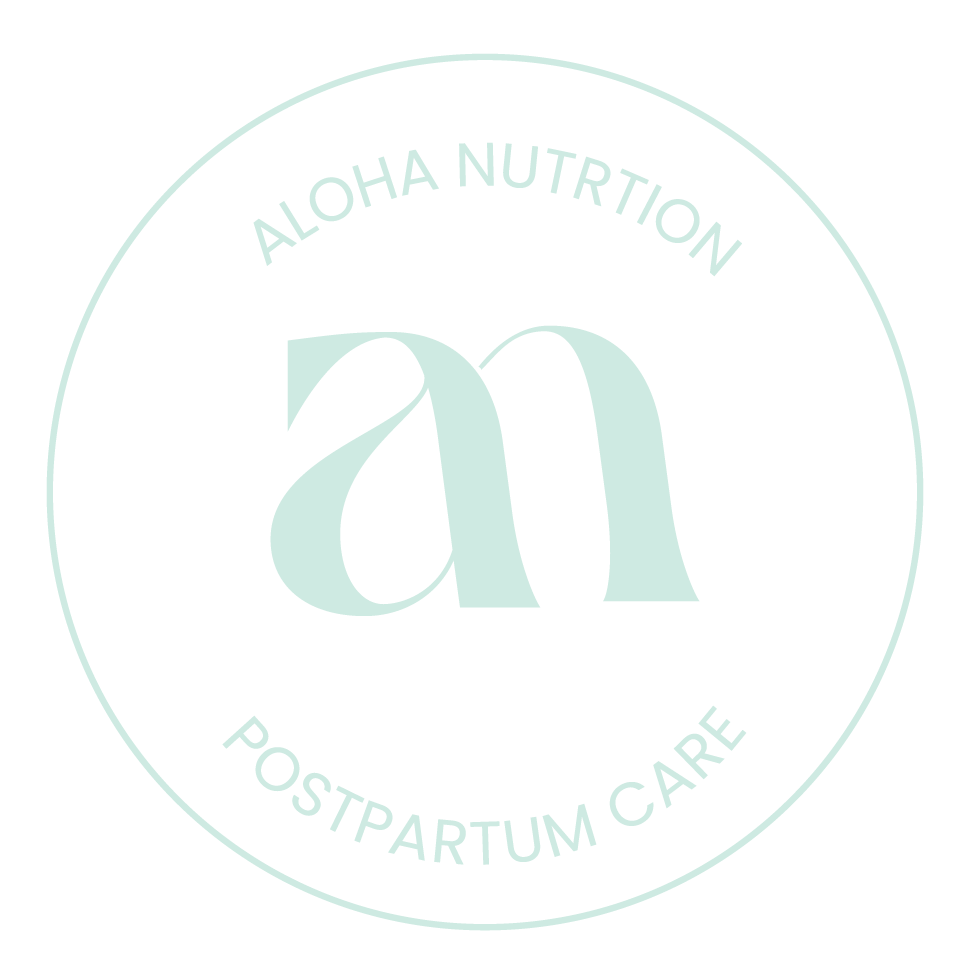Recovering after childbirth is a significant journey, and your nutrition for postpartum recovery plays a crucial role in how you heal and feel. By focusing on a few essential nutrients, you can support your body’s recovery, restore energy, and promote overall well-being during this important time. If you’re looking for the best foods for postpartum recovery, incorporating these nutrients is key.
Follow @aloha.nutrition on Instagram for more postpartum diet tips and nutrition guidance for new moms.
Below are five key nutrients to prioritize in your postpartum recovery diet plan:

1. Protein: The Building Block for Postpartum Recovery
Protein is essential for helping your body repair tissues, recover from childbirth, and maintain muscle strength. It’s foundational for creating hormones, enzymes, and neurotransmitters. Including protein-rich foods in your meals is one of the best things you can do for your postpartum recovery.
Some protein-rich foods for postpartum recovery I recommend: poultry, fish, eggs, dairy, legumes, nuts, and seeds.
Protein is also vital for managing blood sugar and keeping your energy steady. Since protein is the most satiating macronutrient, it helps keep you fuller for longer.
Recommended Intake postpartum: According to the Dietary Guidelines for Americans, it’s 71 grams per day during breastfeeding, but many health professionals agree that 100g/day is more suitable to meet the demands of breastfeeding.
2. Iron: Replenish and Prevent Anemia Postpartum
Iron deficiency is common after childbirth due to blood loss during delivery. To prevent postpartum anemia and postpartum hemorrhage (PPH), it’s important to consume iron-rich foods.
For animal-based iron sources, try poultry, eggs, and fish. If you prefer plant-based options, choose iron-rich foods like fortified cereals, lentils, beans, dried apricots, and leafy greens. Pairing these with vitamin C-rich foods (like oranges or bell peppers) helps enhance iron absorption for better results.
Recommended Intake postpartum: 9 mg per day during breastfeeding.
3. Calcium: Supporting Strong Bones
When breastfeeding, your body pulls calcium from your bones to ensure your baby gets enough. That’s why it’s important to maintain good calcium levels for your own bone health.
Dairy products like milk, yogurt, and cheese are great sources of calcium, but if you prefer plant-based options, fortified almond or soy milk, leafy greens, tofu, and almonds are also excellent choices.
Recommended Intake: 1,000 mg per day (for all pregnant and non-pregnant women 19-50 years old).
4. Omega-3 Fatty Acids: For Brain Health and Mood Support
Omega-3 fatty acids play a vital role in reducing inflammation and supporting brain health, both of which are important for managing your postpartum recovery.
Different forms of omega-3s, like DHA and EPA, are particularly helpful. Fatty fish such as salmon and sardines are excellent sources, but you can also get plant-based omega-3s from foods like flaxseeds, chia seeds, and walnuts.
However, as a dietitian, I often recommend supplementing with fish oil or cod liver oil to ensure you’re getting enough EPA and DHA for both you and your baby’s health.
Recommended Intake postpartum: Around 1000 mg of omega-3 fatty acids per day during breastfeeding.
5. Choline: Creating Neurotransmitters and Brain Health
Choline is essential for brain function, mood regulation, muscle control, and liver health, making it a vital nutrient for postpartum recovery. It plays a significant role in producing neurotransmitters that help regulate memory and mood, which is especially important during the postpartum period.
Choline-rich foods include liver, eggs, peanuts, and cruciferous vegetables like cauliflower, broccoli, and Brussels sprouts. Just two eggs provide over 50% of your daily requirement of choline.
Recommended Intake postpartum: 550 micrograms per day during breastfeeding.
As a Lactation Consultant and Registered Dietitian, I am passionate about helping moms feel good postpartum. I believe that food is medicine, and a well-balanced, nutrient-rich postpartum diet is one of the best ways to support your recovery and overall health. By incorporating these five key nutrients—protein, iron, calcium, omega-3s, and choline—into your postpartum diet, you can give your body what it needs to heal, restore energy, and stay strong while navigating motherhood.
If you are looking for more nutrition guidance for moms and breastfeeding support, visit: Aloha Nutrition Postpartum Services.
*Recommended intakes are based on the Dietary Guidelines for Americans (2020-2025).





